Dirt Under
My Nails
Dirt Under My Nails
AN AMERICAN FARMER AND HER CHANGING LAND
Marilee Foster
Copyright 2002 by Marilee Foster
All rights reserved under International and Pan-American Copyright Conventions. No part of this book may be reproduced in any form or by any electronic or mechanical means, including information storage and retrieval systems, without written permission from the publisher, except by a reviewer who may quote brief passages in a review.
Published by Bridge Works Publishing Company, Bridgehampton, New York, a member of the Rowman & Littlefield Publishing Group.
Distributed in the United States by National Book Network, Lanham, Maryland. For descriptions of this and other Bridge Works books, visit the National Book Network website at www.nbnbooks.com .
FIRST PAPERBACK EDITION 2003
Line drawings by the author.
Library of Congress Cataloging-in-Publication Data
Foster, Marilee, 1970
Dirt under my nails : an American farmer and her changing land / Marilee Foster.1st ed.
p. cm.
ISBN: 978-1-882593-77-4
1. Foster, Marilee, 1970 2. Farm lifeNew YorkSagaponack. 3. Family farmsNew YorkSagaponack. 4. FarmersNew YorkSagaponackBiography. 5. Women farmersNew YorkSagaponackBiography. I. Title.
S417 .F713 A3 2002
630'.9747'25dc21
2001052885
10 9 8 7 6 5 4 3 2 1
 The paper used in this publication meets the minimum requirements of American National Standard for Information SciencesPermanence of Paper for Printed Library Materials, ANSI/NISO Z39.481992.
The paper used in this publication meets the minimum requirements of American National Standard for Information SciencesPermanence of Paper for Printed Library Materials, ANSI/NISO Z39.481992.
Manufactured in the United States of America.
Acknowledgments
I WOULD LIKE TO THANK the Southampton Press for allowing me to write a weekly column that eventually became the basis for this book. I would also like to thank my mother, my frankest critic.
Prologue
I SAY I AM A FARMER BY DEFAULT.
I had finished college and on a whim thought Id go to Maine with a friend. But 1994 was a dry, hot summer. So while my roommate went to Portland and got a job, I stayed in Sagaponack, New York, where my family has farmed for over a century. My older brother Dean and I spent the summer moving irrigation equipment from field to field. Our task, which was always pressing and at times desperate, was to keep it raining on what would have otherwise been three hundred acres of parched potatoes. It wasnt the first time I had worked on the farm, but it was the first time I sensed the real possibility of a place for me there.
Originally, I had gone to college with hopes of becoming a history teacher. But the professor put me to sleep so often that I decided to look into other disciplines. I am forever thankful that the woman who taught my freshman English class was both a feminist and a medievalist. She was so excited about language that her whole body got caught up in her lectures. As she slid across tables reciting Chaucer, I began to understand that a vibrant world was a connected one, one that suggested that I chase down more questions, more interesting and still obscure to me. My focus shifted and I went on to study art, creative writing, and womens studiesall three, like farming, falling far short of plotting a course to economic grandeur. I graduated from Beloit College believing I had experienced the quintessential liberal arts education and that I could now teach myself.
When a boy follows in the footsteps of a parent and takes over the family business, he is rarely asked why. Yet people who know my family still ask how and why I became a farmer. The confusion could be because I am not a man in coveralls. I wear dresses as often as I can. I say its staying in touch with my feminine side, but the truth is Ive found that no garment is better for picking tomatoesa dress is the ideal basket.
My brother, by comparison, has always known he would farm. While I was spending summers working in ice cream parlors and horse farms, Dean was learning how to rebuild engines and drive tractors. That summer after I finished college, the two of us moved irrigation at 2 A.M., at sunrise, in pitch dark with flashlights and walkie-talkies. We joked about starting a farm-child Olympics, where best technique and time, best loading, unloading and hitching pipe were combined events. I think twenty-three minutes was our time to beat. Often I found myself in jealous awe of Deans proficiency. Dean, like our father, chose not to go to college. Farming is a profession learned best by doing and Dean has thus learned to do almost anything. There were times, however, that I thought I could lighten his load. I thought his work would be easier if he wasnt the only son.
Sagaponack is a beautiful place but, for farmers like us, a territory under siege. It has become part of something called the Hamptons. And we, way out on the end of Long Island, have watched, a little dumbfounded, as our open spaces have given way to the infrastructure of an international resort. My father remembers when land went begging for eight hundred dollars an acre. Today no one blinks when house lots in Sagg sell for a million dollars or more. He is forever annoyed that he didnt buy the Rogers farm, the Cook lot or Sczeps piece twenty-five years ago. I know Sagg is not as beautiful as it used to be. The land my father inherited was not bounded by architectural experiments, tennis courts, or specimen trees; instead, there were hedgerows, fields, and just a few summer visitors. Today, when I ask my brother how we will cope with the ever-escalating influx of newcomers who dont know or care about our work or this areas heritage, he says, I will tell them that summer is my season. We still talk, and always will, about packing up and leaving. But even as this place grows more expensive and less conducive to farming, the six hundred acres my family works is some of the best soil in the nation. For decades, we have done nothing but invest our energy and resources in the land; every year the roots become deeper. We rent acreage as far away as Amagansett, ten miles from home, while owning what is right out our back door. Leaving would be like cutting off limbs.
My inclination to remain in Sagg as a farmer and not a real estate agent, despite the fragility of agriculture here, is because Ive found farming to be the profession with the most potential for me. Since that first summer of hauling pipe, when I thought maybe the work would keep me physically strong, the solitude keep me independent, and the variability keep me inspired, time has strengthened those sentiments. The rewards of this work are not easily explained; they come when I straighten up from hoeing or look back into the truck as it fills with potatoes and know that I have played some part in the abundance. When the ground dried up that first summer, I wasnt exactly on a career path. Now, several years later, when there are dogs pulling rats from under the barns concrete floors, disc harrows falling apart, and harvesters breaking down, I realize I have one. Sunsets have context, as do the seedlings threading their way up through the heavy dirt. As much as I am troubled by the speeding Porsches, I accept those who cruise past as a part of my living. It is sometimes they who screech to a halt and, with their soft hands, select and buy tomatoes from my roadside stand.
Winter






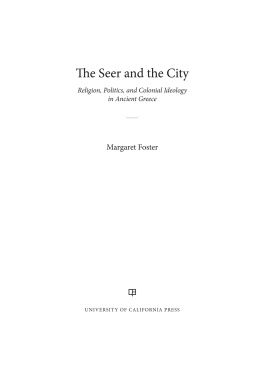
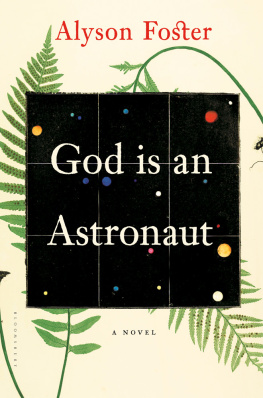
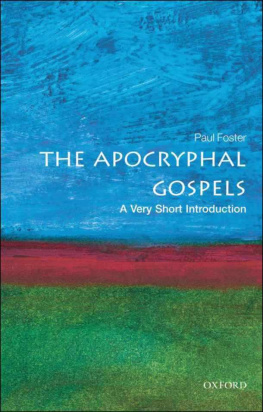
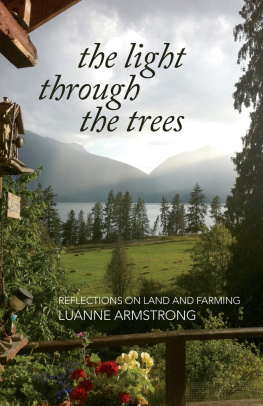
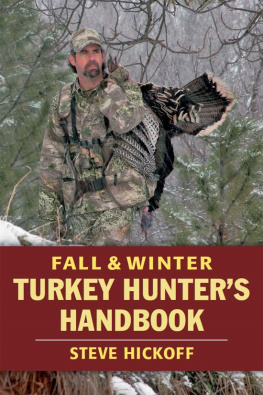
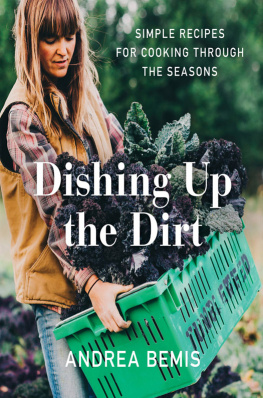
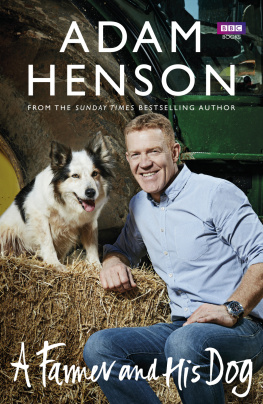

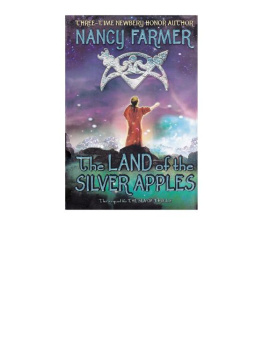

 The paper used in this publication meets the minimum requirements of American National Standard for Information SciencesPermanence of Paper for Printed Library Materials, ANSI/NISO Z39.481992.
The paper used in this publication meets the minimum requirements of American National Standard for Information SciencesPermanence of Paper for Printed Library Materials, ANSI/NISO Z39.481992.